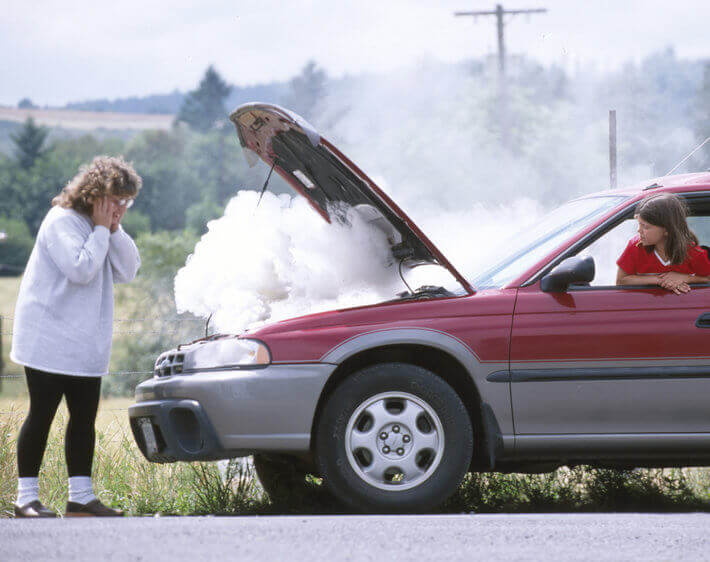It’s a known fact that a car overheating in winter is a regular occurrence, and as much as I’d love to fit anything that heats up during the winter in my living room, it’s both logistically impossible and a situation that needs to be remedied, not milked. Sometimes, overheating can send your car into such a tizzy that the engine cannot be revived again. If you’re wondering, “How do I junk my car in such a case?”, the process is straightforward. All you have to do is contact a junk car agency that pays cash for cars, regardless of their condition. But firstly, why is car overheating in winter so common anyway?
What is a combustion engine?
To answer this question, we need to first understand how a car’s combustion engine works. As is the function of most engines, a combustion engine converts power into motion. In this case, the power is fuel or gas, while motion is, of course, 0 to 60 in 4 seconds. Combustion engines in cars convert fuel into energy by combusting the fuel, and using the released heat to move pistons, which move the crankshaft, which then turns your car’s transmission, axles, and finally the wheels.
Now, as we’ve established, heat is integral to your car’s engine – however, this heat also needs to be regulated. Enter your vehicle’s cooling system, which is always at work to ensure the temperature of the engine is regulated regardless of outside conditions. It is only when the cooling system breaks down that your car gets overheated.

Why is my car overheating in winter?
While there are many overheating car causes in winter, it usually occurs because a fault has entered your car’s cooling system. Cooling systems experience faults when a coolant, i.e., a fluid (gas or liquid) that causes cooling, leaks. Cooling systems may also break down when a thermostat is blocked. When a coolant leaks, it no longer passes through the engine’s coolant passages, thus the engine is incapable of dissipating excess heat, leading to overheating. A jammed thermostat, on the other hand, will stop the flow of the coolant as well, resulting in overheating. Consider disposing of cars that are unusable because of internal faults like this at a local agency that provides cash for clunkers.
How can I prevent car overheating in winter?
The simplest answer to that question is maintenance. The best way to prevent car overheating in winter is to prevent any harm to your cooling system. This can be done by subjecting your car’s engine to regular inspections to check the condition of the coolant, hose, and thermostat. Whenever in doubt, make sure that the coolant’s level is full – double-check your car’s coolant recovery tank. When the engine is hot, the level should be MAX or HOT, and lower when it’s cooling. Take your car to an auto mechanic whenever the temperature gauge gravitates towards the ‘hot’ side. Always keep track of warning signs, and do not hesitate to pull the car’s hood up to let the engine cool when you suspect overheating.
My car overheated. How do I fix it?
First things first – pull over to the side of the road safely if you ever doubt that your car’s system has overheated. Turn the engine off immediately, and open the hood to make the heat pass quicker. If on, turn off your air conditioner and turn on the heater. The most important rule is to never attempt to remove the radiator cap. Finally, add a half cup of water to a low antifreeze tank to allow your engine to cool down before driving it to an auto shop. If your car is beyond repair because of overheating, it’s best to stop using your car to prevent any accidents. Regardless of its condition, you can receive cash for junk cars.




